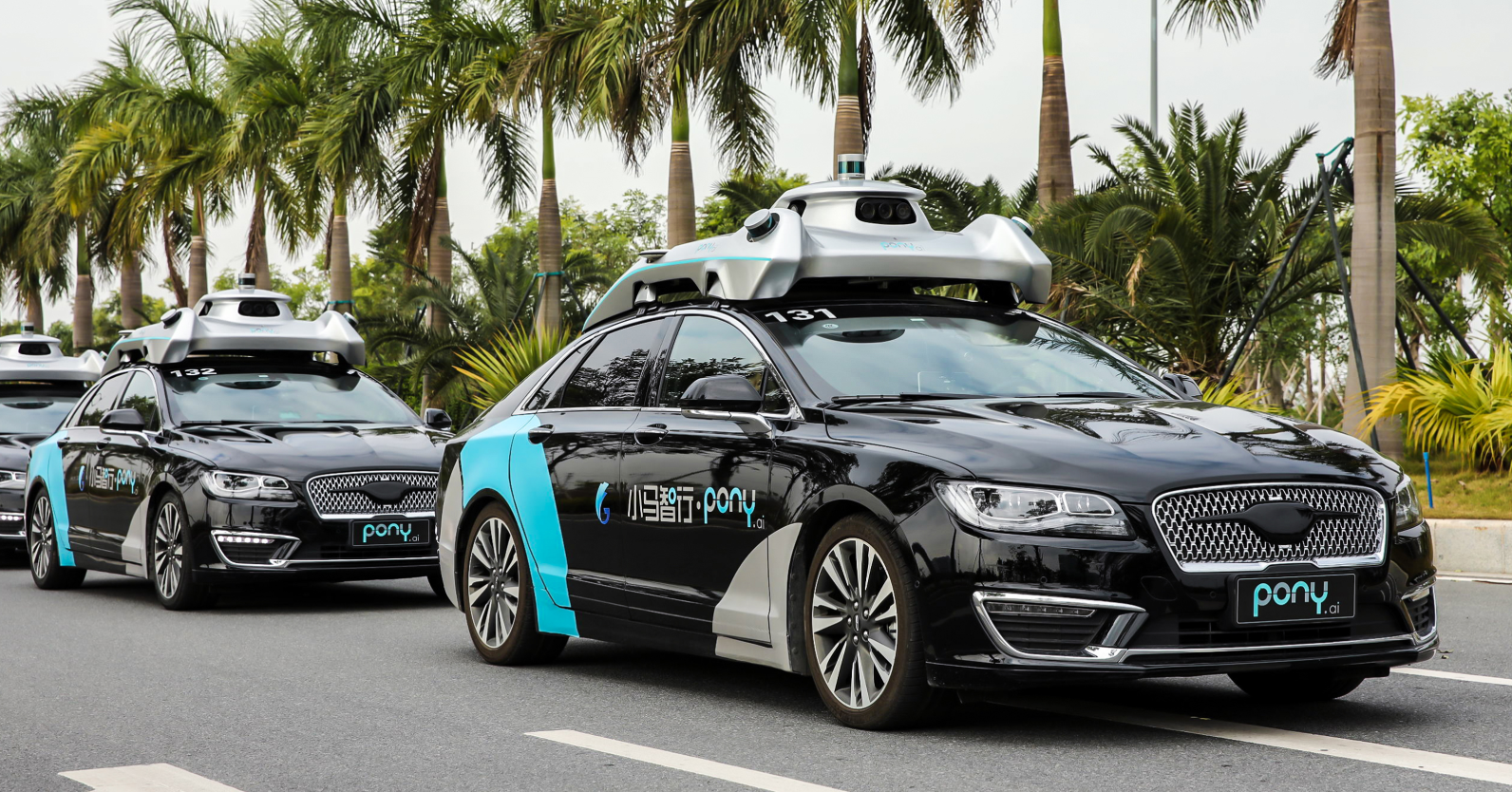Key takeaways
The recent rise of artificial intelligence (AI) is revolutionising the way businesses operate, streamlining processes, optimising decision-making, and enhancing customer experiences. In fact, according to Gartner, by 2025, AI will be producing around:
- 30% of marketing messages from corporates
- 50% of drug development initiatives
- 20% of all test customer data
And it doesn’t stop there. By 2026, AI is projected to be the source for 50% of the code for new websites and mobile apps, automating about 60% of the design process involved. The source of all the disruption? Cutting-edge AI startups - and it shows in the funding rounds:
- OpenAI has raised a total of $11B and is valued at $20 B
- Databricks raised $1,6 B and is valued between $24 and $31 B
- Shield AI raised $60M just last December and is valued at $2.3 B
The list goes on and on. So it’s not surprising that corporate collaborations with AI startups have exploded over the past few years - opening up a wealth of opportunities for both parties. AI tech is also bridging the gap between corporations and startups, facilitating more efficient and successful partnerships.
In this article, we will explore the key benefits of AI corporate-startup partnerships, discuss the various ways in which AI is being leveraged to foster innovation and growth and share real-life examples that demonstrate the potential of these powerful collaborations.
How AI is impacting corporate-startup collaboration
Here are just a few of the ways AI is boosting corporate-startup collaboration:
Data-driven insights for better decision-making
One of the primary benefits of AI-driven corporate-startup collaborations is the ability to leverage data to drive better decision-making. AI algorithms can analyse vast amounts of data from multiple sources to identify trends, patterns, and insights that can inform critical business decisions.
Advanced algorithms to optimise processes
AI algorithms can also be used to optimise business processes, from supply chain management to logistics, to customer service and beyond. By automating routine tasks and leveraging machine learning algorithms to make real-time decisions, businesses can improve efficiency and reduce costs.
Streamlined communication and collaboration
AI can also improve communication and collaboration between corporations and startups. AI-powered collaboration tools can facilitate real-time communication, allowing stakeholders to share ideas, feedback, and insights more effectively.
Identifying new market opportunities
Finally, AI can help corporations and startups identify new market opportunities by analysing customer data and identifying trends and patterns that can inform product development and marketing strategies.
3 real-world examples of AI-powered corporate-startup collaborations
Toyota and Pony.ai: Driverless technology with a global reach

In 2019, Pony.ai, a self-driving car startup, announced a new collaboration with Toyota to develop autonomous vehicles. The partnership aimed to leverage Pony.ai's expertise in self-driving technology and Toyota's manufacturing expertise to bring autonomous vehicles to market. The following year, Toyota invested $400 million in Pony.ai, and the two companies jointly developed a self-driving system to be integrated into Toyota's vehicles - potentially bringing the technology to a global set of customers.
The collaboration is significant because it illustrates how a partnership between a traditional automaker and a tech startup can lead to mutually beneficial returns. Toyota gets to experiment with new tech, and Pony.ai gets the backing and global reach to scale its efforts.
Pfizer and Tempus: Transforming the way we diagnose and treat patients
Pharmaceutical giant Pfizer recently partnered with Tempus, an ai-enabled
precision medicine startup, to develop cutting-edge personalised cancer treatments. More specifically, Tempus' AI algorithms can be used to identify genetic mutations that are associated with specific cancers, making it possible to identify potential drug targets.
The partnership between Pfizer and Tempus is significant because it highlights the growing importance of AI in healthcare and the potential for AI to transform the way we diagnose and treat diseases.
Coca-Cola and OpenAI: Experimenting with AI-powered marketing
Coca-Cola recently partnered with OpenAI's ChatGPT and DALL-E to develop personalised marketing campaigns powered by AI.

- ChatGPT is an AI language model that can generate natural language responses.
- DALL-E is an AI image generator that can create custom images based on text input.
Through this partnership, Coca-Cola aims to leverage these technologies to create more personalised marketing campaigns that resonate with its customers, ultimately boosting engagement and driving sales. The collaboration highlights the growing importance of AI in marketing and the potential for AI to transform the way businesses interact with their customers.
The future of AI-driven corporate-startup ecosystems
The evolving role of AI in business means that corporations and startups will continue to find new ways to collaborate. As AI algorithms become more advanced, businesses will be able to leverage data and insights to drive innovation, improve efficiency, and enhance customer experiences. Like most changes, the process will inevitably result in a series of challenges and opportunities for corporations.
Opportunities include:
- Improved efficiency: AI technologies can help corporations automate routine tasks and optimise processes, which can lead to improved efficiency and reduced costs.
- Enhanced customer experience: By leveraging AI algorithms to analyse customer data, corporations can create more personalised and engaging experiences for their customers.
- Innovation: AI technologies offer corporations new opportunities to innovate and develop new products and services.
Challenges include:
- Integration: One of the biggest challenges for corporations is integrating new AI technologies into their existing systems and processes. This can be a complex and time-consuming process and requires significant resources and expertise.
- Data privacy and security: As corporations collect and analyse more data, there is an increased risk of data breaches and privacy violations.
- Employee training: AI technologies require specialised knowledge and skills, which means that corporations will need to invest in employee training and development to ensure that their workforce is equipped to use these technologies effectively.
Final thoughts
The need for companies to embrace AI-driven partnerships to stay competitive is clear. By leveraging AI algorithms to drive innovation and growth, corporations and startups can create powerful synergies that will help them stay ahead of the curve in an increasingly competitive business landscape.
__________
Would you like to diversify your portfolio by exploring new partnerships and collaboration opportunities? We can help you Spot, attract and engage with cutting-edge startups that align with your organisation's long-term growth goals and vision.











.svg)

%201.webp)